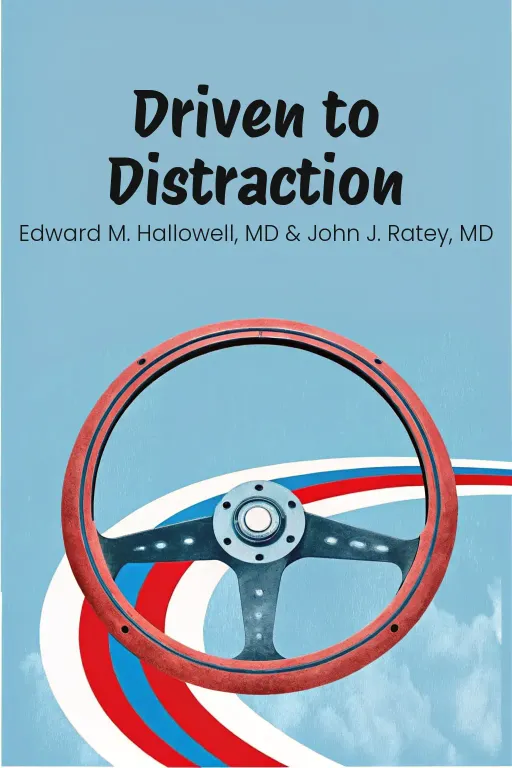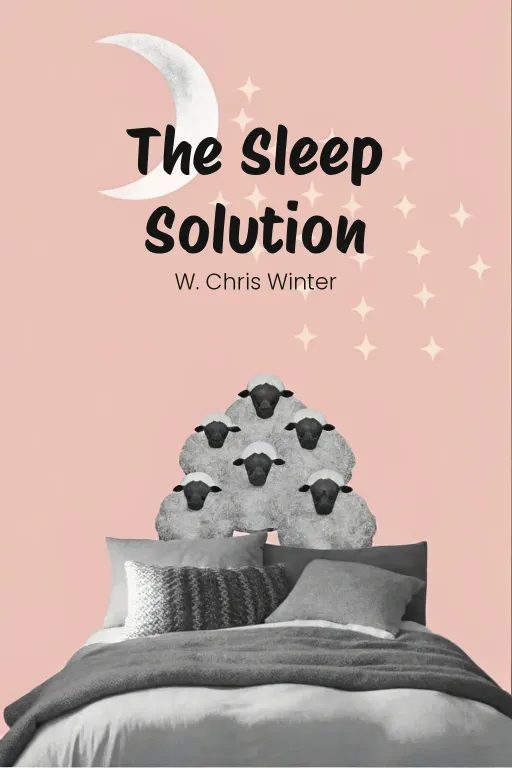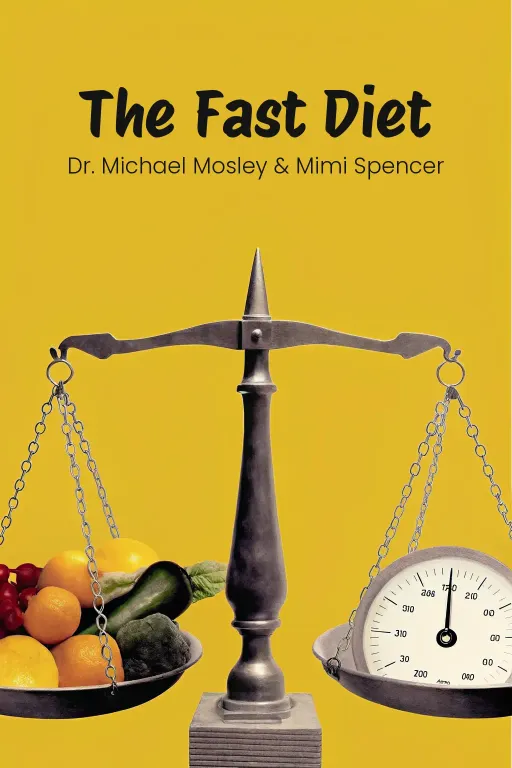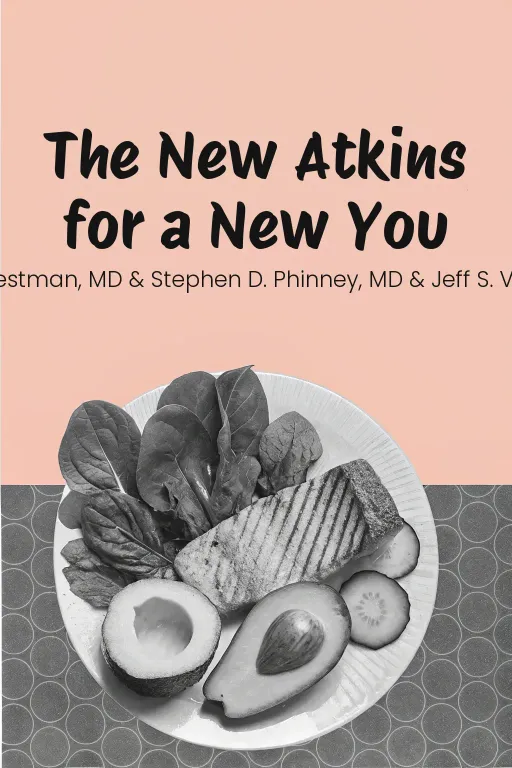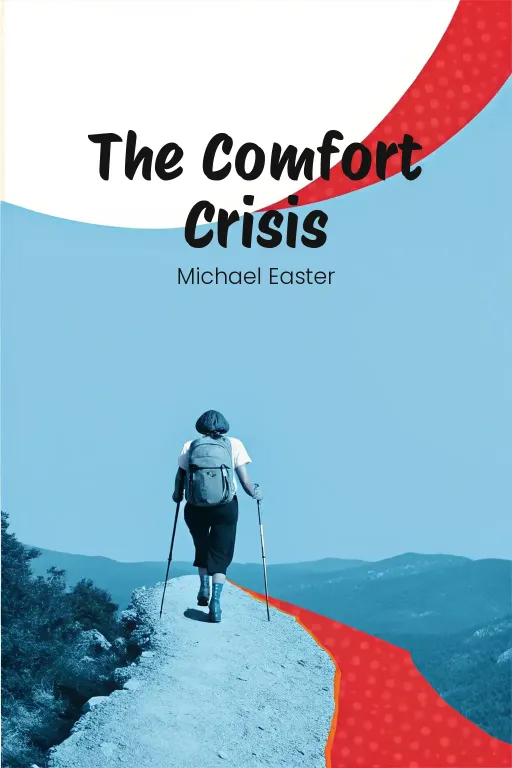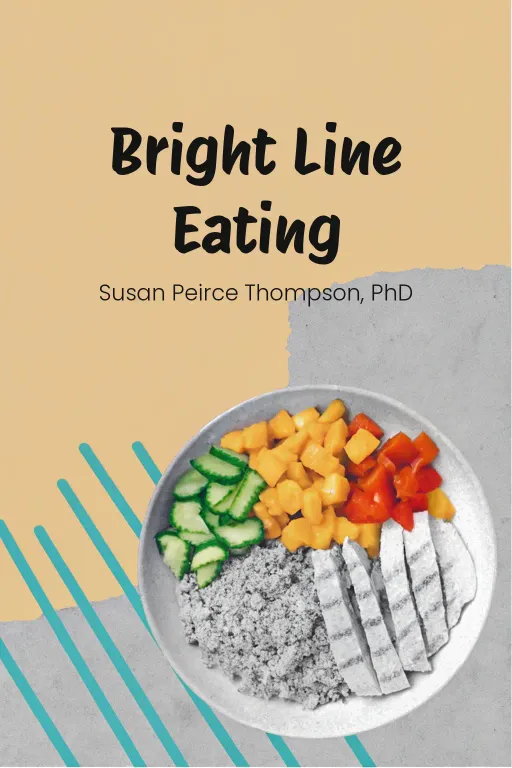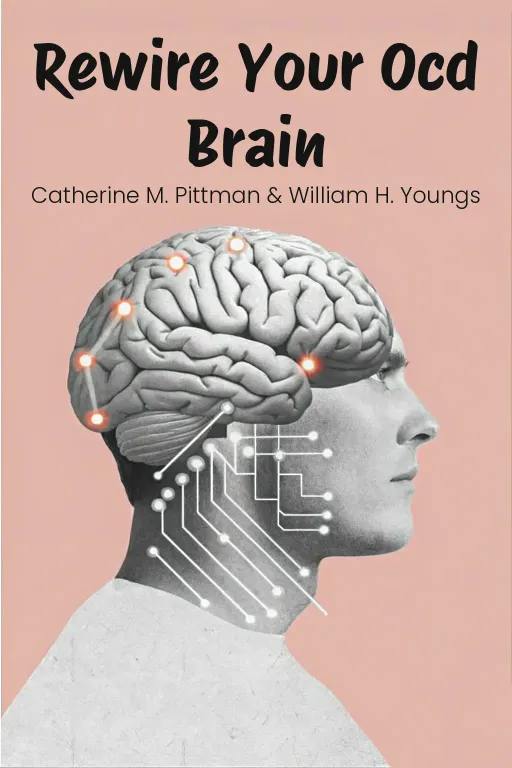
Life's Remix: Gen X Women Rewrite the Rules
Podcast by Beta You with Alex and Michelle
Women’s New Midlife Crisis
Introduction
Part 1
Alex: So, picture this: you've spent your whole life hearing, "You can have it all!" Then you hit your 40s, look around, and the "all" everyone promised feels totally out of reach. That's the midlife crisis hitting Gen X women hard, and Ada Calhoun's book, Why We Can’t Sleep: Women’s New Midlife Crisis, really nails it. Michelle: Hold on a second—Gen X? Seriously? The generation that lived through dial-up internet AND grunge music is now facing existential crises? What's next? Alex: Exactly! Calhoun digs into why Gen X women are especially vulnerable. They're caught between caring for everyone else, career plateaus, money worries, and even fighting ageism—all while trying to live up to this "perfect life" ideal that was hammered into them. It's a lot. Michelle: So, basically, they got sold this dream but were never given the instruction manual or any of the tools to actually build it. Nice one, society. Alex: Precisely. And today, we're diving into three key areas from the book. First, the classic struggle: balancing family expectations with career ambition – think being a caregiver versus a, you know, corporate rockstar. Then, the often-overlooked emotional isolation of women without kids or partners, because society tends to ignore their stories entirely. Michelle: Okay, let me guess the third: How to ditch that impossible rulebook and start writing your own story? Alex: Bingo! It's about taking back your identity, discovering community, building resilience, and redefining what success actually means to you. Michelle: That sounds…intense. But I'm all for stories where people take charge instead of just throwing in the towel. Alex: Absolutely! So, let’s break it down, shall we?
Societal Expectations and Family Planning
Part 2
Alex: Okay, let's dive into another really weighty societal expectation placed on women: family planning. Michelle, can you imagine feeling like your value as a person is all tied to getting married or having kids, and then, bam, life throws you a curveball? Maybe it's health, money, or just circumstances, and those goals suddenly seem impossible? Michelle: Yeah, it's like training for a marathon, only to discover someone keeps moving the finish line further away. And I bet society is just standing on the sidelines yelling, "Try harder!" Alex: Pretty much. A perfect example in the book is this woman who struggled with infertility. She decided to adopt, but even that got derailed by the sheer cost. I mean, adoption isn't this easy fix people think it is – you're looking at potentially $50,000! She had to totally rethink her dream of being a parent because the finances were just… impossible. Michelle: Wow. All the while, society's drumming into everyone that motherhood is like the ultimate achievement. So what happens to women who, for whatever reason, don't – or can't – achieve that? Alex: Honestly, a lot of women feel really judged or just completely unseen. Calhoun shares this really touching story about a woman at social gatherings, surrounded by other women who were all mothers or expecting. She felt like this total outsider among all these, as she put it, “glowy pregnant women.” It wasn't just jealousy; it was this really painful reminder that society was measuring her worth by whether or not she was a mother. Michelle: “Glowy pregnant women” – that's such a loaded phrase. It's like they're these shining symbols of success. But realistically, what is she supposed to say in that situation? "Hey Karen, love the bump. I just closed the deal on my third investment property!" It just doesn't fit, does it? Alex: Exactly! And it's not just personal feelings. It's a whole system. Those little social moments reinforce this idea that being a mom is the highest form of adulthood. And what about the women who don't fit that mold? They're left wondering if they're somehow "less than." Michelle: Right, so if having a kid's the only ticket to social acceptance, where does that leave women who are single and childless? I'm guessing that's double-whammy judgmental territory, right? Alex: Spot on. There's this underlying narrative that single women in their, say, late thirties or forties have somehow missed out or failed. There was this woman who spent years in a relationship, and her partner just didn't want kids. By the time they split up, her chances of starting a family had significantly decreased. That heartbreak wasn't just personal, it was made worse by all the social judgment, the subtle hints that she'd "wasted her chance." Michelle: Oh, I bet the unsolicited advice was endless. "Why didn't you freeze your eggs? Why didn't you try harder to find someone else?" Like she’s supposed to tick off some life checklist, instead of acknowledging she made complex, human choices in unpredictable circumstances. Alex: Precisely. And it seeps into the workplace, too. There was a woman who tried to ignore the whole "single and childless" thing, but she ended up feeling excluded from casual conversations at the office because they were all about parenting. That kind of alienation really sticks with you. Michelle: Yeah, because it’s like being told, "Sorry, your life experience isn't worth talking about." Alex: Absolutely. And that's why so many Gen X women are rethinking those old measures of success. It's not just about societal "achievements" anymore; it's about redefining what a fulfilling life actually looks like to them. Michelle: Okay, so here's the million-dollar question: How do you actually separate your sense of self from all those expectations when you’ve been surrounded by them for decades? Alex: It’s definitely not a walk in the park. But this book actually offers some really inspiring examples. One woman joined a community of women around her age. By openly talking and sharing their stories, she says she found empathy. Just hearing others say, "Me too," can be life-changing" Michelle: So, it’s like group therapy, but with maybe less structured discussion and more casual conversation? Alex: Kind of! The whole point is to create a space where women can rethink their own narratives without that fear of constant comparison. It also really helps challenge those really fixed ideas about happiness. Maybe it isn't all tied up in hitting arbitrary life milestones, but more about finding goals that are personal and meaningful. Michelle: And here’s the part I like: When enough people start questioning those old rules, society might actually start to get the message. Alex: Exactly. Calhoun talks about this collective shift – this idea that midlife isn't about just dealing with regret, but actually turning it into something new and positive. Women are beginning to understand they don’t have to follow someone else’s script for their lives. Michelle: A midlife edit instead of a midlife crisis. Now that’s a concept I can support.
Conclusion
Part 3
Alex: Okay, so to sum things up, we’ve really dug into how much societal expectations about family and success affect Gen X women. I mean, think about the impossible pressure of juggling career ambitions with caregiving. And then there's the stigma if you don't have kids or a partner. Plus, the emotional isolation and judgment you can face when you don’t follow the traditional path. It’s a lot! Michelle: It really is. It’s like society gives you this script, and then criticizes your performance, without offering any actual help with the choices you have, or don’t have, for that matter. Alex: But Ada Calhoun makes a great point, that midlife isn't just a crisis, it's a chance to figure out what “really” makes you happy. You know, by ditching these random milestones and connecting with people who get what you're going through, women are taking back their stories and creating their own definitions of success. Michelle: Right! And hopefully, it’ll make the rest of us rethink how we measure worth, because this old yardstick is… well, old. So, here’s something to chew on: What if being successful isn’t about fitting in, but about being real, being yourself? Alex: YES! It's about asking yourself, "Okay, what does “my” happy life look like?" and actually letting yourself go and build it. Michelle: And maybe reminding society to quit moving the goalposts while you're trying to play the game. I mean, come on!


